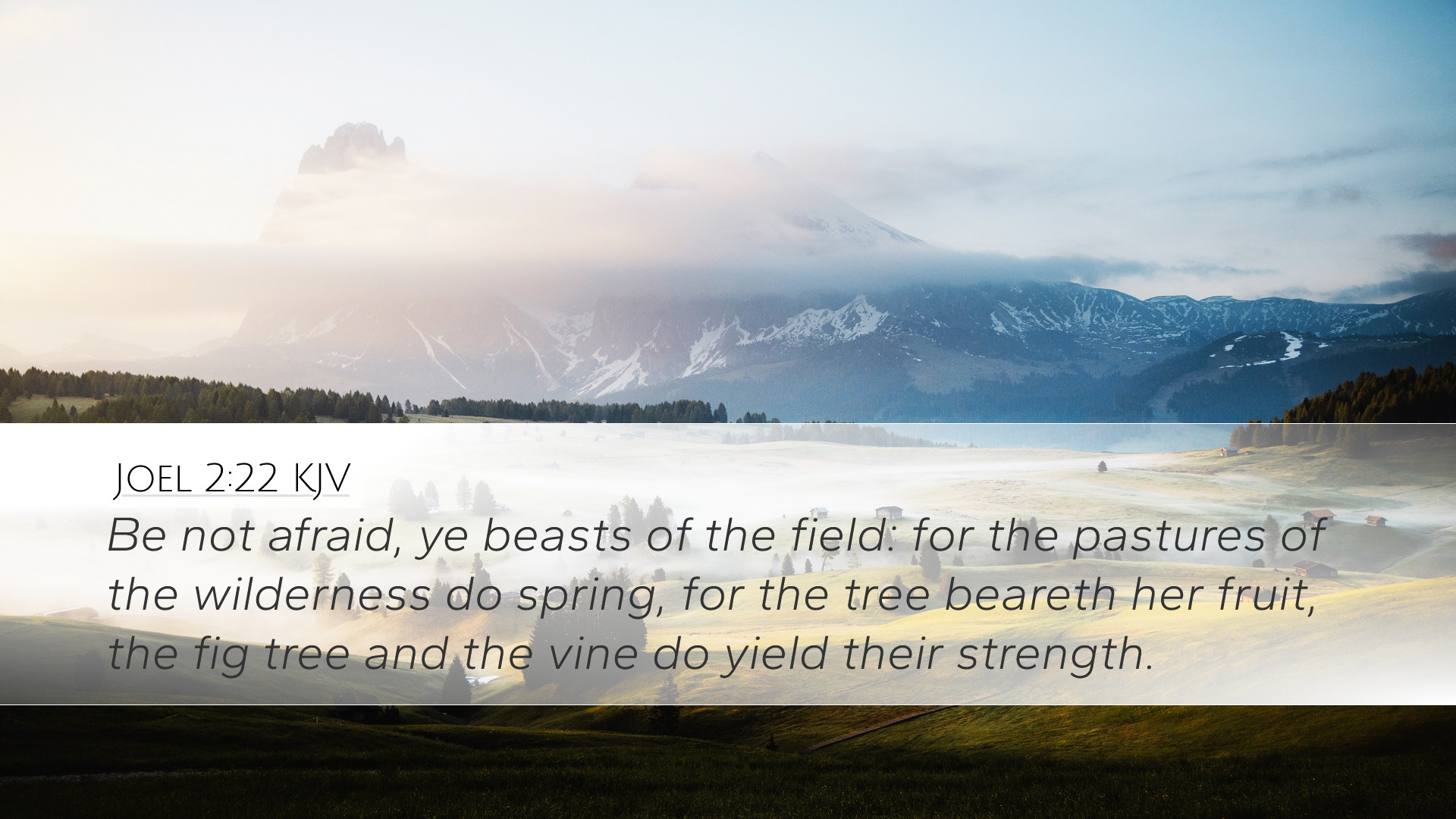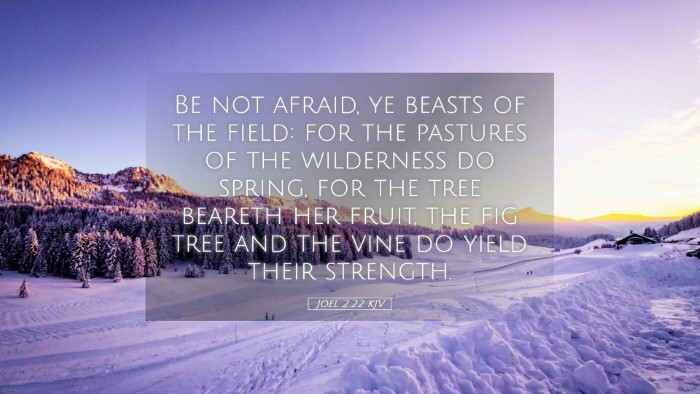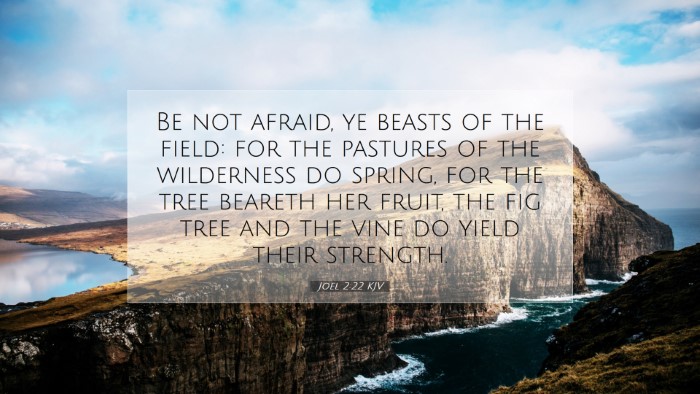Old Testament
Genesis Exodus Leviticus Numbers Deuteronomy Joshua Judges Ruth 1 Samuel 2 Samuel 1 Kings 2 Kings 1 Chronicles 2 Chronicles Ezra Nehemiah Esther Job Psalms Proverbs Ecclesiastes Song of Solomon Isaiah Jeremiah Lamentations Ezekiel Daniel Hosea Joel Amos Obadiah Jonah Micah Nahum Habakkuk Zephaniah Haggai Zechariah MalachiVerse
Joel 2:1 Joel 2:2 Joel 2:3 Joel 2:4 Joel 2:5 Joel 2:6 Joel 2:7 Joel 2:8 Joel 2:9 Joel 2:10 Joel 2:11 Joel 2:12 Joel 2:13 Joel 2:14 Joel 2:15 Joel 2:16 Joel 2:17 Joel 2:18 Joel 2:19 Joel 2:20 Joel 2:21 Joel 2:22 Joel 2:23 Joel 2:24 Joel 2:25 Joel 2:26 Joel 2:27 Joel 2:28 Joel 2:29 Joel 2:30 Joel 2:31 Joel 2:32

